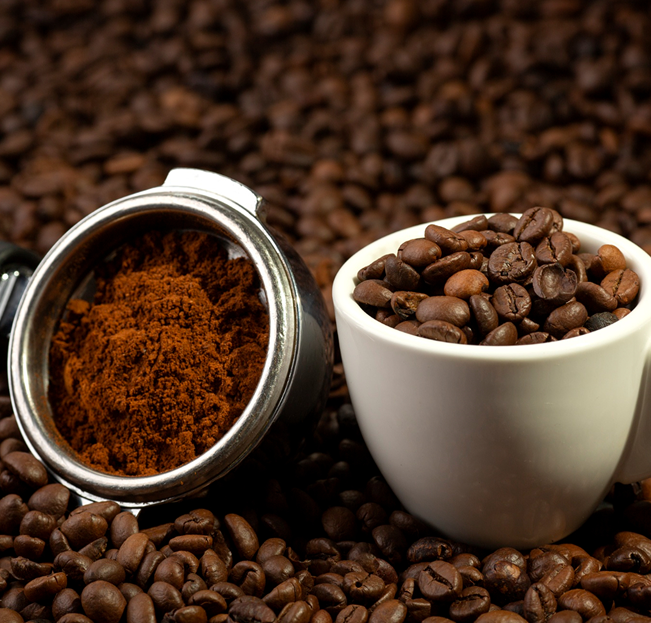
What is Direct Trade in Coffee? Have you ever stopped to wonder where the coffee beans that end up in your cup of coffee came from? Do you know if your coffee supplier does? At Lavanta Coffee Roasters we sure do—because we participate in Direct Trade agreements. Read on to find out what this program […]
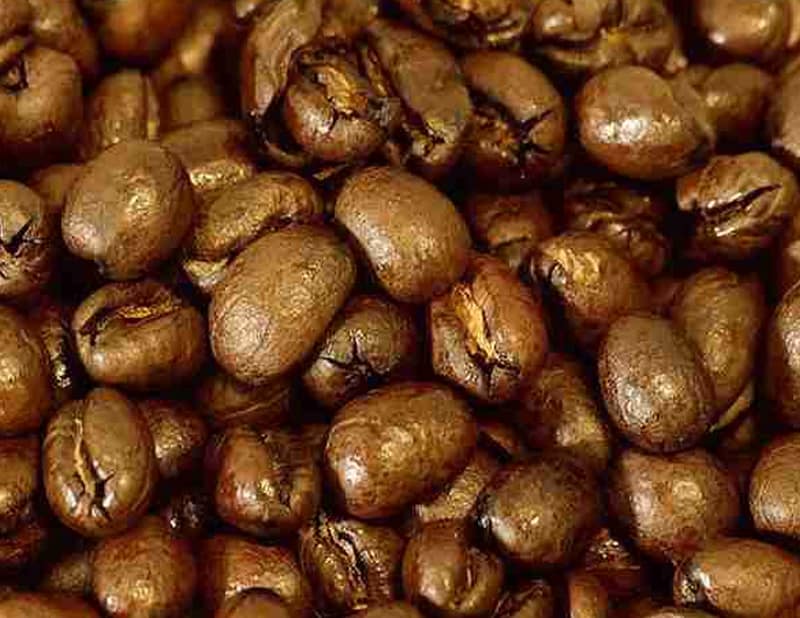
Well you definitely can’t make soup or pie with it but you can brew a delicious cup of coffee! Looking at a typical coffee bean you will see it is flat on one side but round on the other. Normally inside each coffee cherry there are two beans or seeds that face each other on […]
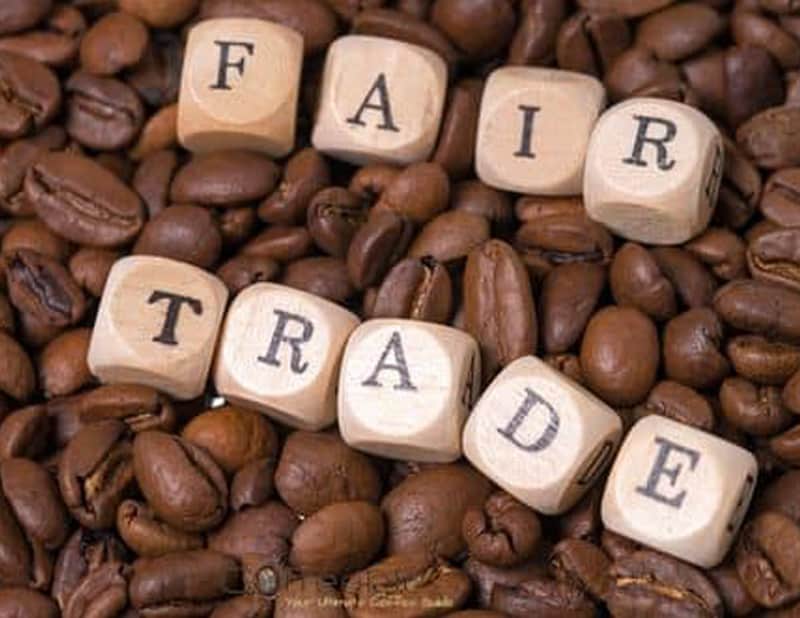
Why Buy from Fair Trade Suppliers? Those of us fortunate enough to live in well-off countries enjoy a minimum wage and protection for our employees. Unfortunately, in many of the places where coffee beans grow best, this is not the case, and workers, particularly farmers, are subject to poor working conditions just to receive pennies […]
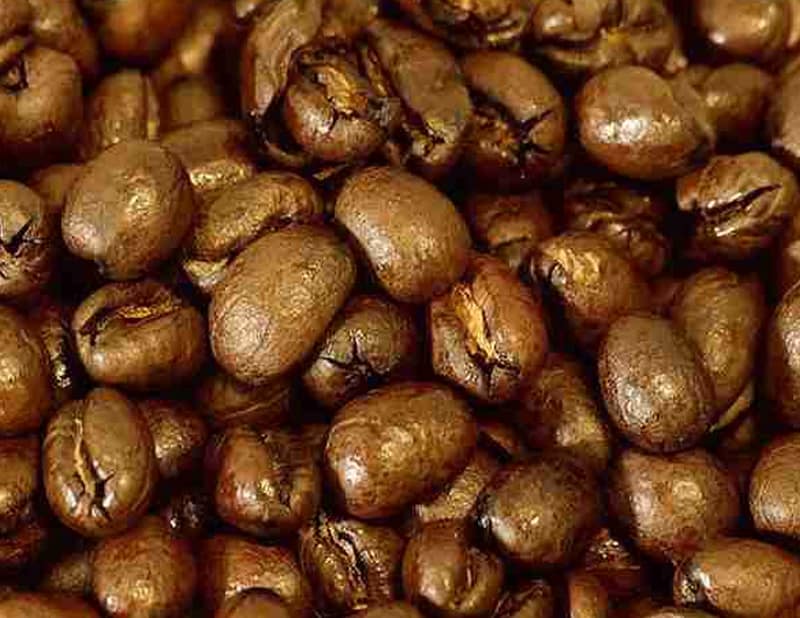
Well you definitely can’t make soup or pie with it but you can brew a delicious cup of coffee! Looking at a typical coffee bean you will see it is flat on one side but round on the other. Normally inside each coffee cherry there are two beans or seeds that face each other on […]

What is Direct Trade in Coffee? Have you ever stopped to wonder where the coffee beans that end up in your cup of coffee came from? Do you know if your coffee supplier does? At Lavanta Coffee Roasters we sure do—because we participate in Direct Trade agreements. Read on to find out what this program […]

